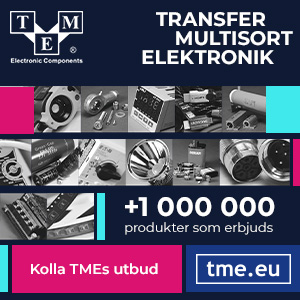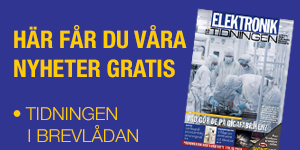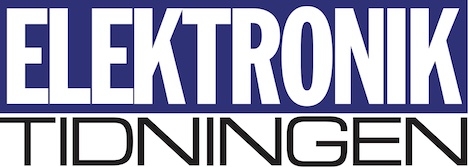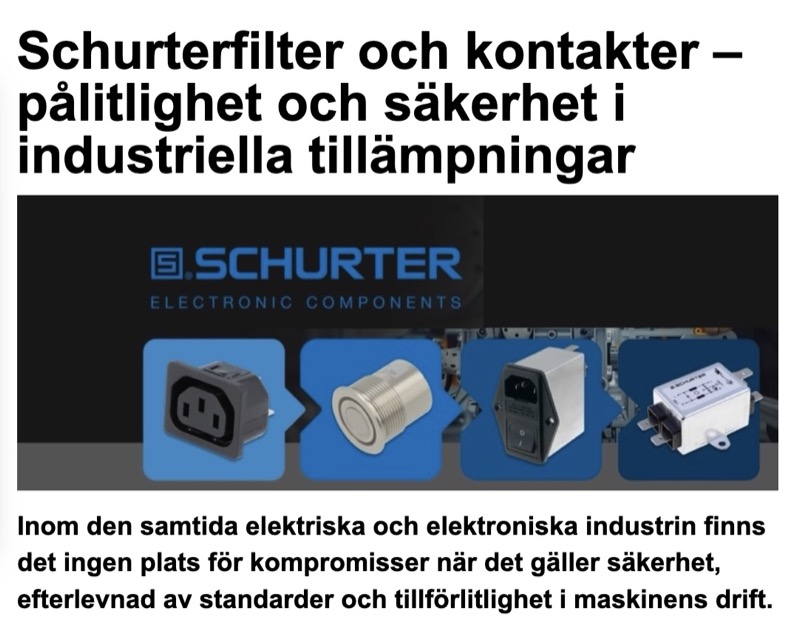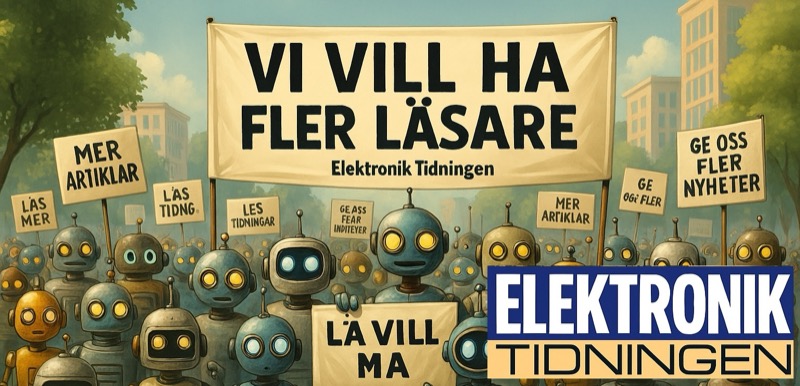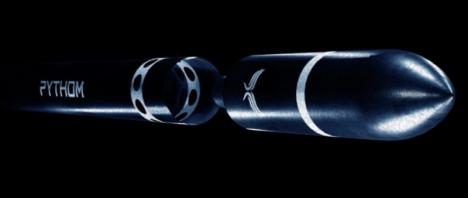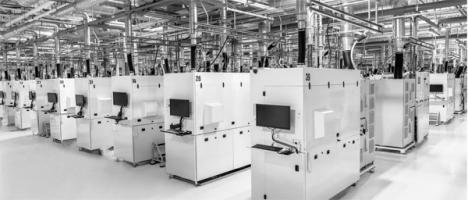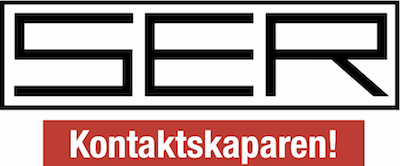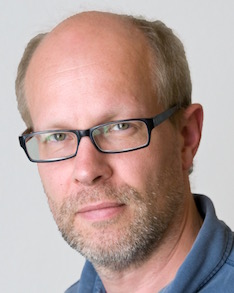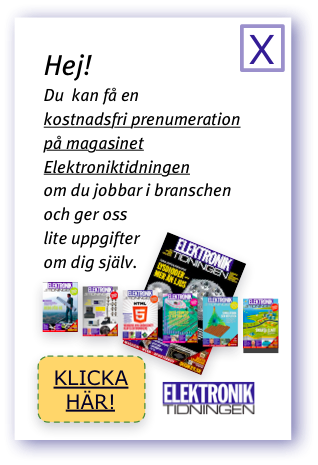Today, the Linköping-based company believes it has a viable solution. A cheap polymer in which structural changes form a matrix of ones and zeros.
The company has existed since 1996 and is owned by Norwegian Opticom and American Intel. The Americans recently increased their share to 13 per cent, which has brought attention to the technology, but most importantly has given the company broader access to semiconductor design and production skills.
Together, the companies have now been able to demonstrate the first working prototype of the memory. The memory, a hybrid between modern polymer technology and traditional silicon technology, is intended to work as a conventional RAM, but with the important difference that it does not lose the information when power is switched off. Hopefully commercial chips will become available within a couple of years.
The company is currently looking for additional partners among memory manufacturers, but is in no real hurry. As Rolf åberg puts it:
"A good partner is more important than just a partner."
Gittan Cedervall
